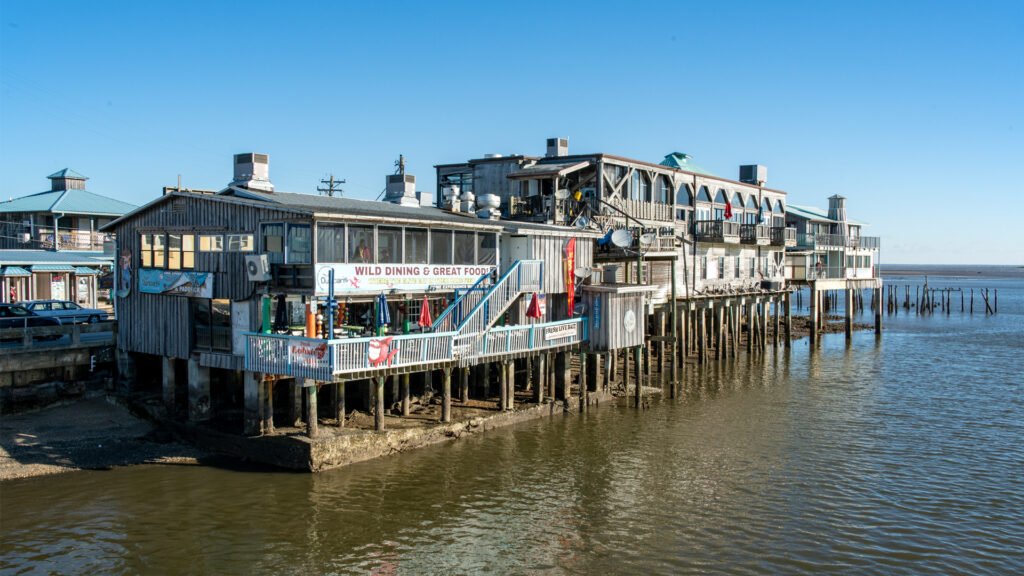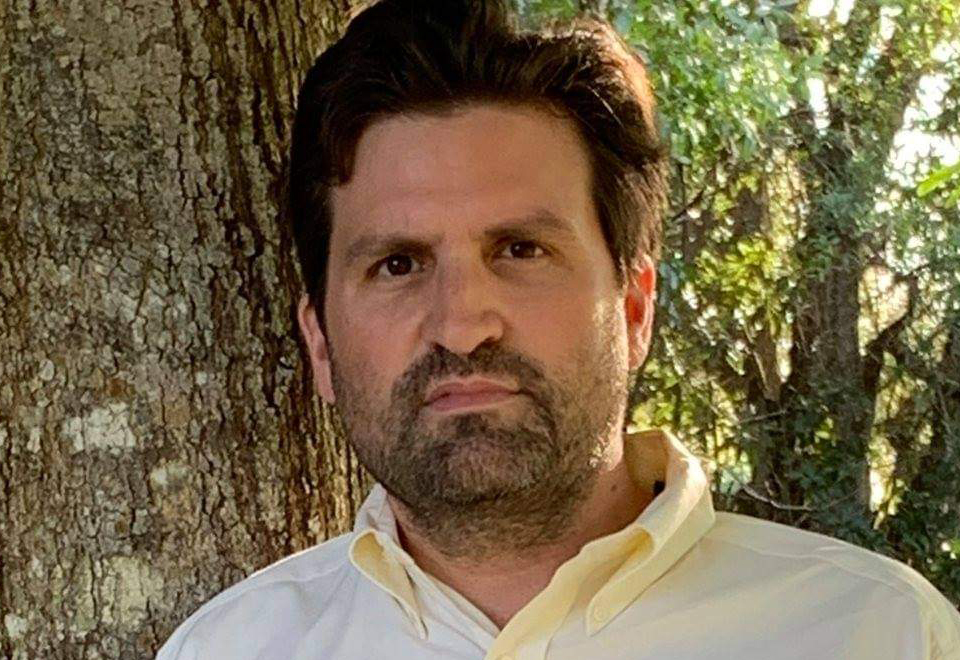By David Vaina
With just a notch above 5,000 people, my hometown (High Springs) neighbors many other small ones (Alachua, Micanopy, Hawthorne, Newberry, Fort White) and only one you could call a proper city (Gainesville). So goes the rest of the state, as nearly half of Florida’s municipalities have fewer than 5,000 residents.
With the national and state political powers more reluctant (for now) to pass continent- or peninsula-wide legislation and implement policy to address climate change, mayors, county commissioners and city council members in these less-populated communities have an opportunity to work with Florida’s robust climate justice movement and get some work done.
But for the work on climate change to deepen, us small town folks must become more engaged on the issue. Yet how should policy makers and activists communicate with small-town voters on climate change?

Over the holidays I spoke with Sue Colson, the mayor of Cedar Key (population 732), which is still recovering after experiencing three hurricanes over 13 months. We talked while she was volunteering at the food pantry she organizes.
Colson was candid about Cedar Key’s much-publicized ecological challenges: rising sea levels, king tide flooding, continuing access to fresh water, struggling clam and oyster farmers, and the difficult task in keeping Cedar Key viable for the working and middle classes.
Colson knows that her voters have short memories when it comes to climatic crises like hurricanes and are often indifferent to messaging buried in data. Nevertheless, she’s committed to advancing many of the goals Florida’s climate justice movement advocates for: adaptation and resilience. What’s her not-so-secret weapon in moving the needle on climate justice?
After our conversation, I left with two conclusions about how we might better talk with small-town voters.
First, these voters understand the complexity of climate change – and even add layers to how it’s typically framed. By utilizing what might be called the Socratic method of deep listening and questioning, Colson methodically goes back and forth with voters on what climate change science tells us and what’s at stake for each voter’s business, home, insurance costs and, more generally, the future of Cedar Key.
Adaptation and resilience look differently for each household and each small business owner – and Colson and voters discuss each scenario that could eventuate based on what voters do or don’t do.
Talking about climate change is a seesaw-like process that needs time to uncover every stone and consultant-designed sloganeering or “dumbing it down” is a worthless effort. As Colson points out, “You can’t just isolate climate change and separate it from other, often personal issues. People think holistically and therefore want to know: ‘What will it cost me to adapt? When do I need to adapt?’ And then I ask them: ‘What will help you reach that goal?’”
My second takeaway is that communication on climate change needs to be rooted in emotions. Colson is a retired hospice nurse, so perhaps it’s not surprising that there’s an empathic dimension to her style.

Asking someone, for instance, to absorb the risks and costs in relocating their family business because of rising seas demands profound compassion and an understanding of everything that move would mean to the middle class.
Even the so-called experts know this. In his research on effective communication on climate change policy, cognitive linguist George Lakoff writes: “Emotions are an inescapable part of normal thought. Indeed, you cannot be rational without emotions.”
An updated “I feel your pain” strategy that incorporates inflationary pressures and surging insurance costs won’t guarantee anything for politicians and the climate justice movement. Yet as Saul Alinsky reminds community organizers, “If you start with nothing, demand 100%, then compromise for 30%, you’re 30% ahead.”
As our planet is showing us, there are no more certainties anymore. But for Floridians to sustain the climate justice movement, we must not overlook the voices – and political potential – of our small-town allies.
David Vaina has a Ph.D. in political theory and has helped fund, develop and operate Florida nonprofits over the last 15 years. His new book, “On-Ramps to a New Civil Society: Mutual Aid at the Edges of the Anthropocene” (Rebel Hearts), was published last fall. Banner image: Close-up photo of a microphone (iStock image).
Sign up for The Invading Sea newsletter by visiting here. To support The Invading Sea, click here to make a donation. If you are interested in submitting an opinion piece to The Invading Sea, email Editor Nathan Crabbe at nc*****@*au.edu.



